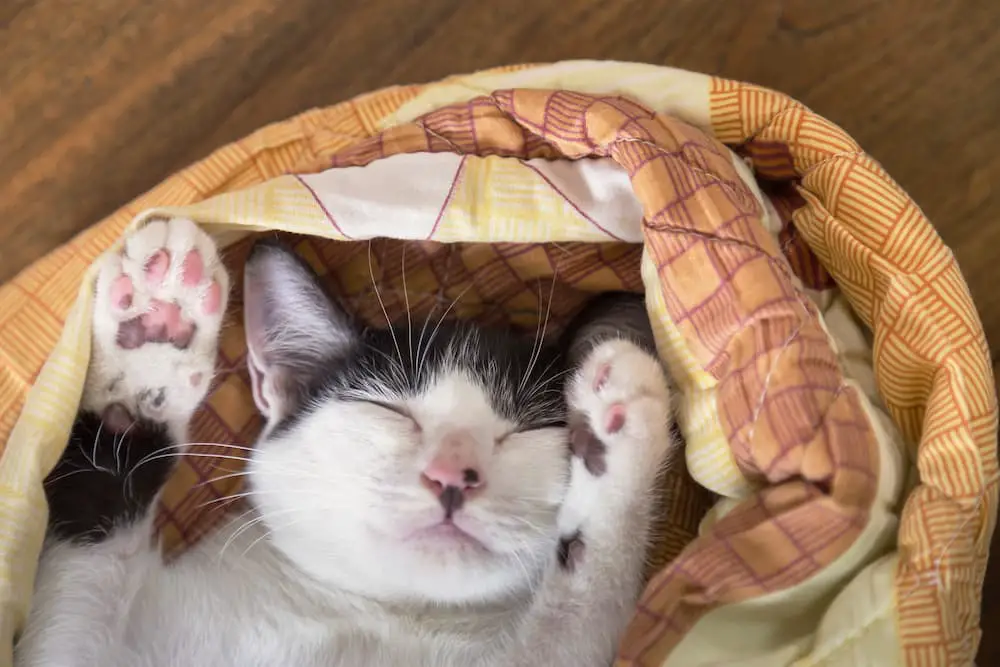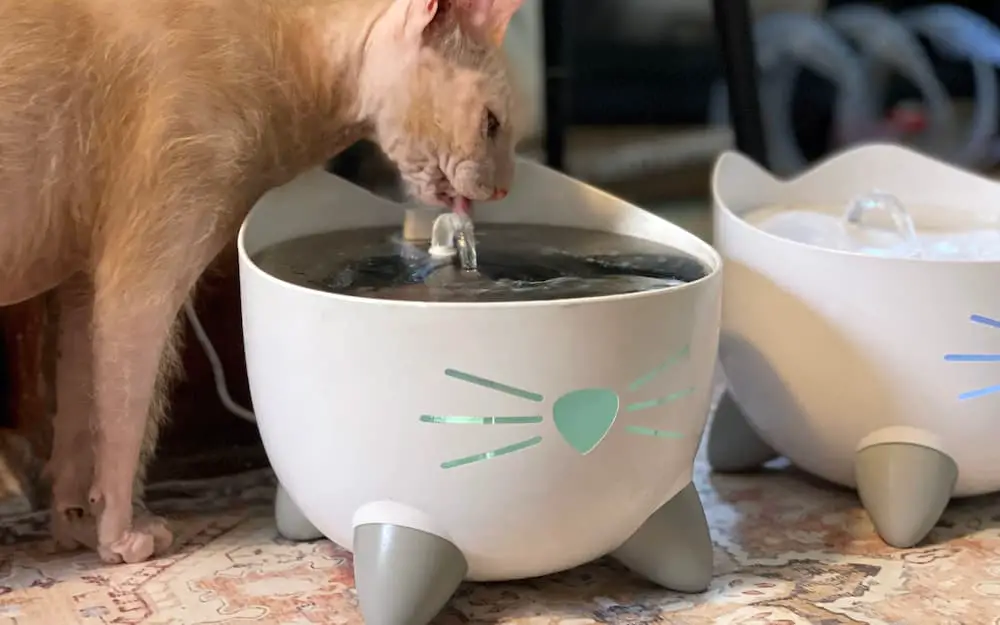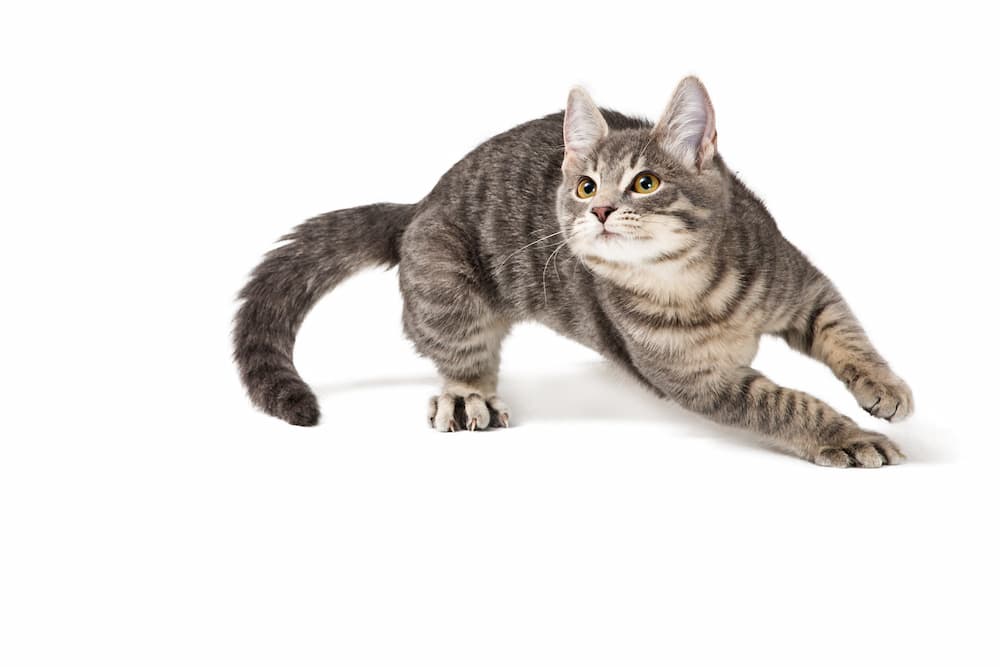Whilst it is natural to assume your furry friend won’t need vaccinations if it lives exclusively indoors, this is not the case. Although it is true that indoor cats are less likely to be exposed to viruses and parasites, there are still several ways that they can contract illnesses.

Why does my indoor cat need treatment?
Some cats can contract viruses and worms through their mother’s milk. Shelter cats may have come into contact with diseases before adoption. Even after initial vaccinations, you and the other members of your household may pick up viruses outside, and bring them back with you.
Viruses can survive in the environment for varying amounts of time. Feline Herpesvirus lasts for around one day whereas Feline Panleukopenia can last for 6 months! As transmission does not need direct contact with another cat, indoor cats can fall ill in this way.
Also, a lot can change over the course of a cat’s life. You may move to somewhere where it is a lot safer for a cat to be able to venture outdoors. If you decide to introduce other animals into your household, these may unintentionally bring viruses or pests with them which could infect your cat.
Even if your cat remains a house cat, they may unexpectedly end up outdoors. Cats are curious; some may climb from an open window, or dart out of the front door when someone comes to visit. Making sure your pet is up to date with treatments and vaccinations will ensure that, no matter what happens, your cat is protected.
Vaccinations
There are two main groups of vaccinations for cats: core vaccinations and non-core vaccinations. Core vaccinations protect against common serious conditions that can be deadly for a cat. In the UK, the core vaccines protect against Feline Panleukopenia (Infection Enteritis) and Cat Flu (Feline Calicivirus and Herpesvirus). Some communities require certain vaccinations by law, such as rabies, as this is also a threat to human health.
How appropriate non-core vaccinations are depends on the lifestyle of your cat. Your vet can advise you on what vaccines are suitable. The main non-core vaccines in the UK are against rabies and FeLV. Cats can also get vaccinated against Feline Immunodeficiency Virus (FIV).
Flea treatments

Fleas are resilient pests that can cause trouble for even an indoor cat. When you go outside, they can latch onto your clothes or possessions. Once inside, fleas can lie dormant for months and even years in the dust, in the carpet or between floorboards. Even if they aren’t in your home, other dogs or cats can bring fleas with them. Fleas can also carry worms. If a cat eats a flea when grooming, there is a chance that it could become infected with worms.
Luckily, there are plenty of safe and easy treatments for fleas. From topical treatments to flea collars and injections, there are many choices to suit your cat. When choosing a flea treatment, it is a good idea to consult your vet for advice on what is best for your cat and to check the product specifications. Some treatments are not suitable for younger cats, so it is important to get the right option for your furry friend.
Worming treatments
It is still possible for cats to contract worms even if they live an indoor lifestyle. Cats can be infested with a range of worms, including tapeworms and roundworms. As stated, tapeworms are often spread by fleas.
This is the most common means of infection. Roundworm eggs can be brought in on your shoes or clothes and then eaten by your cat. Both of these can be passed from their mother’s milk, which is why it is important to make sure your kitten is treated at an early age.
Healthy and happy cats!
Our cats are part of our families, so we want to ensure they have the safest and happiest lives possible. The prevention of diseases and parasites is a safe and easy practice that keeps both you and your pet safe.
Making sure to keep up with booster injections and treatments ensures that your cat’s immunity is kept strong over its lifetime, no matter what it faces. We also recommended talking to your vet about your pet’s individual needs to work out a treatment scheme that works for them.
SynergyVets is a dedicated veterinary recruitment agency, with almost 30 years of collective experience supporting the profession with locum and permanent personnel. They have a great blog which, alongside advice for veterinary candidates, includes useful animal care tips for pet owners.







